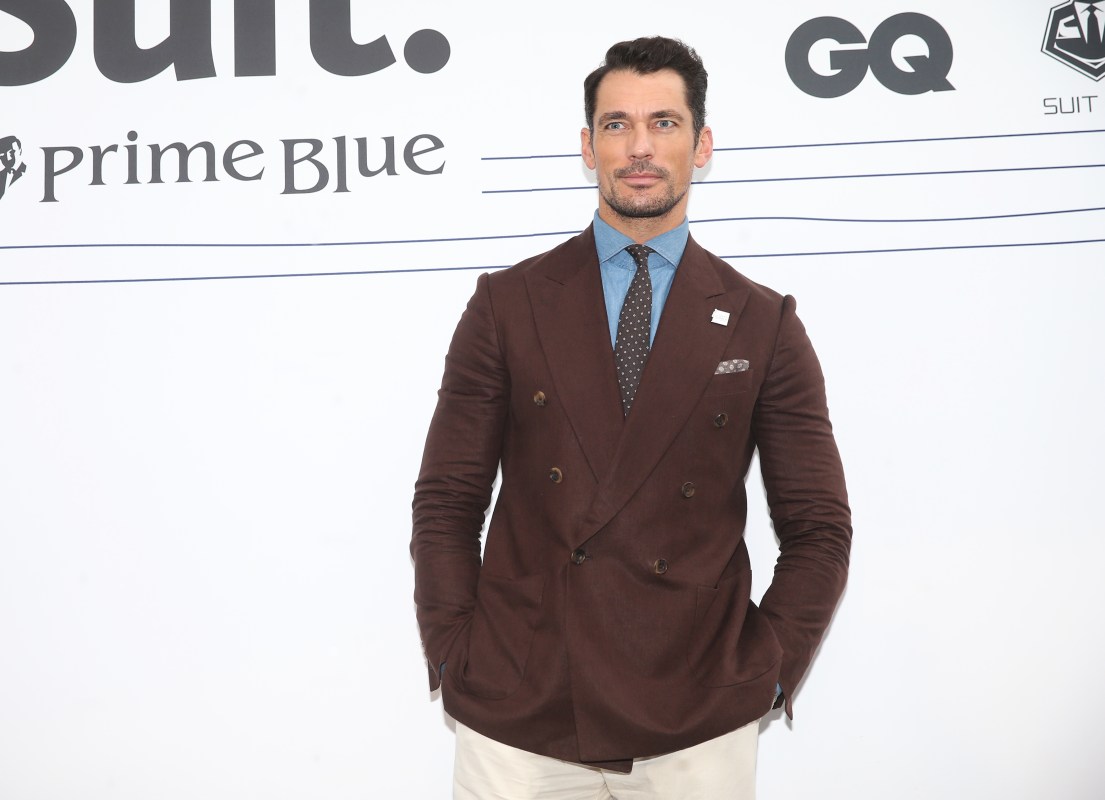While going under the knife for cosmetic purposes is far from uncommon, some of plastic surgery’s more extreme practitioners may be motivated by something darker than just aesthetic goals.
In a recent New York Magazine feature, Alice Hines investigated the growing trend of extreme facial cosmetic surgery among the incel community. Incels, which stands for “involuntary celibate,” have attracted attention in recent years for violent behaviors driven by toxic mentalities that are often nurtured within online communities.
Incel forums like “Sluthate” are often dominated by misogynistic language and beliefs, with Hines pointing to many users who blamed their romantic and sexual failures on women’s rising social power, while openly airing their misogyny, including one user who wrote, “Seeing women taking care of their sons is the only situation in which I don’t hate them.”
Many members of the incel community also blame their plight on average or sub-par appearance, and, as Hines reported, some have turned to dramatic cosmetic surgery as the solution. These men seek facial improvements including wider jaws and more “masculine” noses in order to look like “Chads” — community lingo for the so-called alpha men believed to be monopolizing the majority of hetero sex.
One of the incels profiled under the forum username “Truth4Lie” spent over $18,000 on an initial facial reconstruction, followed by multiple follow-up procedures, one of which left him with an open wound that took months to heal.
Multiple follow-up procedures are not uncommon among members of the incel community seeking facial reconstruction. According to Hines, roughly 25 percent of surgeries performed by Dr. Barry Eppley, a plastic surgeon whose work is much admired and circulated within the incel community, are revisions of his own work or another doctor’s.
The demand for multiple procedures among some patients may also reflect body dysmorphia, a condition that affects about one in 5o, according to the International OCD Foundation. “Many of my patients have it to some degree,” Eppley told New York Magazine. While many surgeons will not perform cosmetic surgeries on patients they believe may suffer from body dysmorphia, Eppley feels it is not his place to deny a patient’s desires as long as they can be fulfilled safely. “These procedures can be really transformative,” he added.
Unfortunately for some patients, these transformative procedures only provide temporary satisfaction. On one of the forum members, Truth4Lie, wrote about his desire to live in a plastic surgeon’s office where his fluctuating self image could be tended to with round the clock procedures. As he told Hines following a recent suicide attempt, “The prospect of a better surgery result is keeping me alive.”
Editor’s Note: RealClearLife, a news and lifestyle publisher, is now a part of InsideHook. Together, we’ll be covering current events, pop culture, sports, travel, health and the world. Subscribe here for our free daily newsletter.
Thanks for reading InsideHook. Sign up for our daily newsletter and be in the know.


















